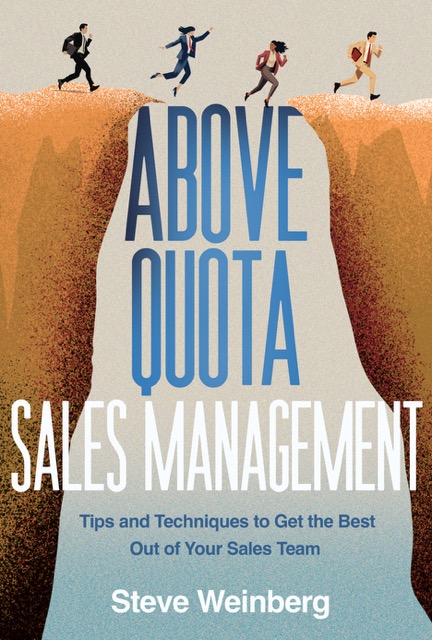SHOULD WE PAUSE ARTIFICIAL INTELLIGENCE (AI) DEVELOPMENT?
Pausing AI Development Is Not Feasible Many in politics, academia, technology, and the media have recently called for a cessation or pause in Artificial Intelligence (AI) development. Their concern is that AI can be so disruptive that it can harm people’s lives, especially regarding employment. Perhaps robots and computers will cost people’s jobs. And they are alarmed that the technology is moving too quickly. Pope Francis, the leader of the Roman Catholic church, “issued a warning against artificial intelligence . . . , saying in a statement it should be used in ‘service of humanity’ and warning to be vigilant of the ‘rapidly increasing...






